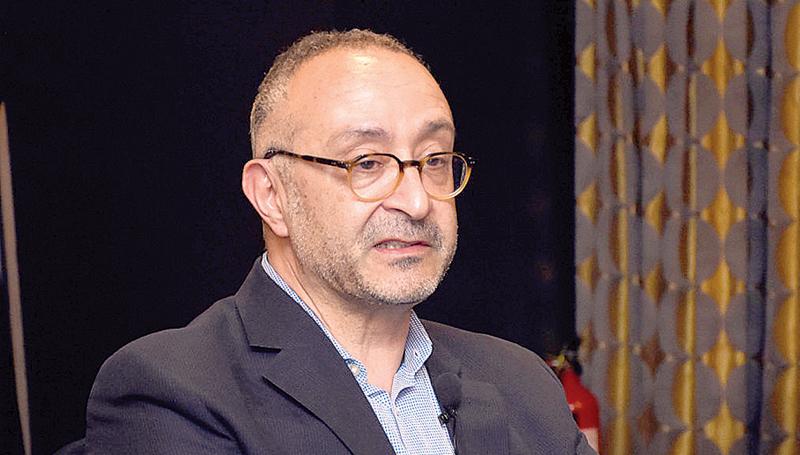
Traditional university education will be obsolete in time to come due to online research and academic work that has enhanced educational efficiency, a global researcher on education told journalists at a round-table discussion in Colombo last week.
He said technology is being used extensively across the globe for education and research with the open access facility for input and use, making conventional brick and mortar educational establishments redundant.
“There is hardly any paper or textbooks used in universities across many countries today due to the availability of online educational and research publications,” John Wiley and Sons (Wiley Global Technology) EVP and CTO, Aref Matin said at the discussion on the company’s presence and plans for expansion in Sri Lanka.
But the need for student interaction and mingling of cultures going beyond a mere academic program was stressed underscoring the importance of educational institutions for networking and exchange of views.
Sri Lanka’s educational system which requires urgent reforms in line with technological advancements was highlighted by educational experts and researchers.
The lack of access to modern educational facilities has widened the digital divide in the country. Surveys reveal that most schools in the outskirts of the country lack proper classrooms leaving aside facilities to boost computer literacy. Many public institutions in Sri Lanka yet carry out business via paper when the world is moving towards a paperless society. Heaps of files stacked up on tables and in cupboards are ample proof of the country’s snail pace shift toward a digital era.
Despite the hype about automating all operations of State establishments, yet the public have been made to waste their precious time at police stations and other local government institutions where records are kept in books.
However, the silver lining is that Sri Lanka has the expertise and the skilled workforce with abilities that are in par with the rest of the world.
“Sri Lanka has the talent for software engineering, programming and project management, but there is scope to increase the number for which we are here to help the country to create that talent pool for the global business,” Matin said. Responding to a question why Wiley chose Sri Lanka, he said although the country does not have a large number of qualified software engineers, it has experts whose skills are sought after in the world.
Since launching operations in March 2019 the company has recruited 215 and plans are afoot to double the number during the year. “We have made an initial investment of around US$ 5 million on operations in Sri Lanka which we hope to expand at the current location at the Maga Engineering building in Narahenpita,” Matin said, adding that Sri Lanka is positioned as a key technology centre that handles and facilitates the product engineering and technology operations for Wiley worldwide. The company aims at building a resilient team of over 500 engineers over the months to come. Plans are also afoot to build more teams in Sri Lanka that will contribute and redefine the future of Wiley in time to come.
Wiley, a 200-year company which has been helping people and organisations to develop skills and knowledge needed to succeed through digital education, learning, assessments and certification solutions to help universities, businesses and individuals to move between education and employment.
The company’s online scientific, technical, medical and scholarly journals, books and other digital content builds on a two century heritage of quality publishing.
“We work with all universities in Sri Lanka helping the country build a vibrant talent pool for global businesses,” Matin said.
